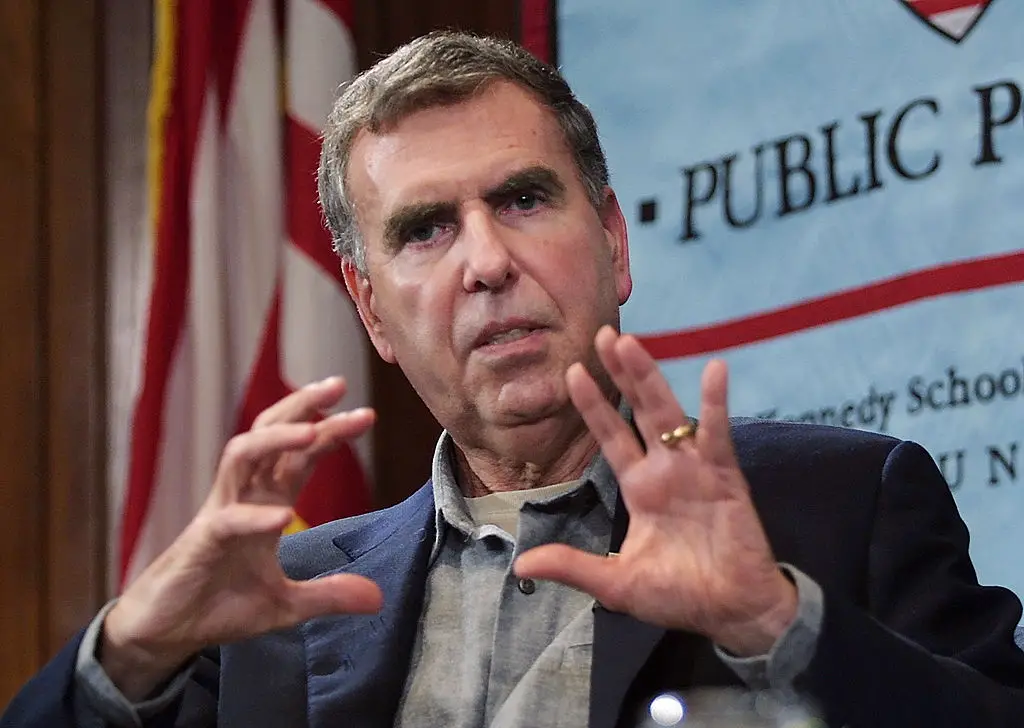Jerry Levin, Who Guided Time’s Mergers With Warner and AOL, Dies at 84

Gerald Levin, a prominent figure in the media industry who played a pivotal role in Time Warner Inc.’s rise to power and its ill-fated venture into the internet age, has passed away at the age of 84. Levin’s contributions to the company were significant, but his legacy is marred by the infamous merger with America Online Inc. during the peak of the internet bubble.
Levin’s journey in the media industry began with his involvement in turning Home Box Office (HBO), a fledgling cable operation, into a pay-per-view giant. He had the innovative idea of delivering premium content via satellite, which propelled the success of HBO. As Time’s chief strategist, Levin orchestrated the historic 1990 merger between Time and Warner Communications, forming the world’s largest media and entertainment conglomerate.
During his tenure as the head of Time Warner, Levin oversaw the acquisition of Turner Broadcasting, which included the renowned Cable News Network (CNN). He also successfully defended the company against a takeover attempt by Seagram Co. However, his most notable move was the ill-fated decision to sell Time Warner to the then-upstart America Online Inc. in 2000.
The AOL-Time Warner merger was intended to combine traditional media assets with the potential of the internet. Unfortunately, it proved to be a disastrous deal. AOL’s stock, which had been soaring on hope rather than substantial profit, quickly lost its value as faster broadband services surpassed AOL’s slow dial-up service. Additionally, AOL’s misleading accounting practices led to a $510 million settlement and restatement of financial results by Time Warner.
The merged company’s stock, initially valued at $350 billion, including AOL’s Netscape browser unit, plummeted to just one-seventh of that amount. This notorious deal has since been regarded as one of the worst mergers in history, with business schools studying it as a cautionary tale.
Despite this significant setback, Levin’s contributions to the media industry should not be overlooked. He was instrumental in the birth and success of HBO, and his strategic leadership drove Time Warner’s growth and expansion. Levin’s impact on the industry has left a lasting legacy that will continue to be studied by future generations.
Gerald Levin’s diverse interests and philanthropic endeavors extended beyond the media world. He supported various ventures related to health and wellness, including the establishment of Moonview Sanctuary, a health and wellness treatment center. Additionally, he invested in OrganizedWisdom, an internet-based business aimed at providing reliable medical information to consumers. Levin’s philanthropic pursuits were motivated by personal experiences, including the tragic loss of his son, Jonathan, in 1997.
Jerry Levin’s contributions to the media industry and his enduring legacy will be remembered and studied by business schools and industry professionals alike. His vision and leadership have left an indelible mark on the media landscape.
For more information on the latest in finance and economics, visit Business Today.

